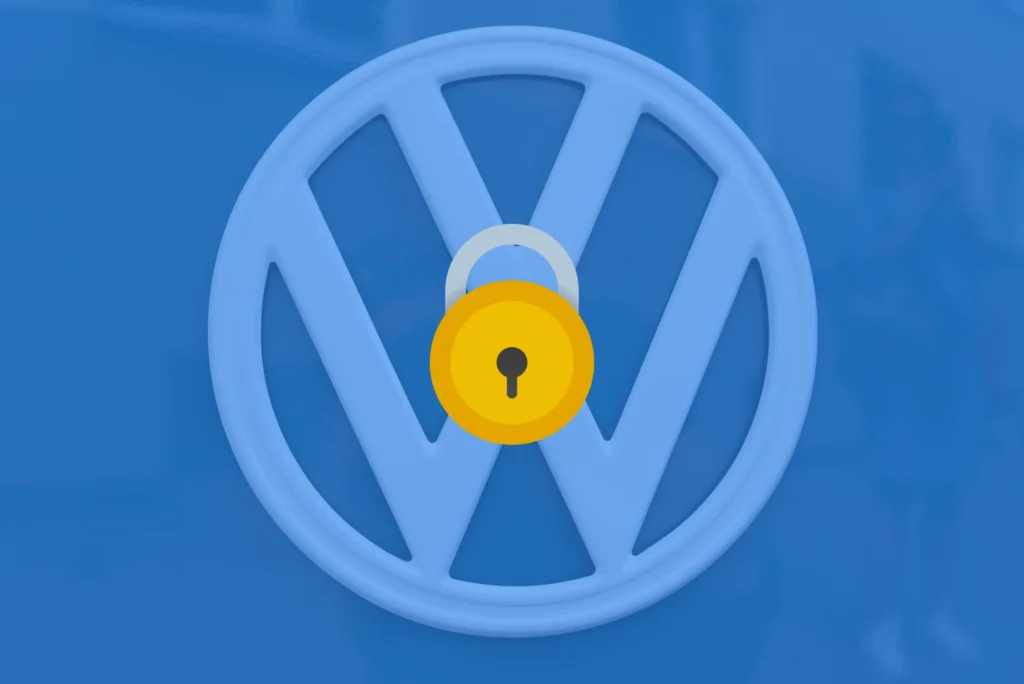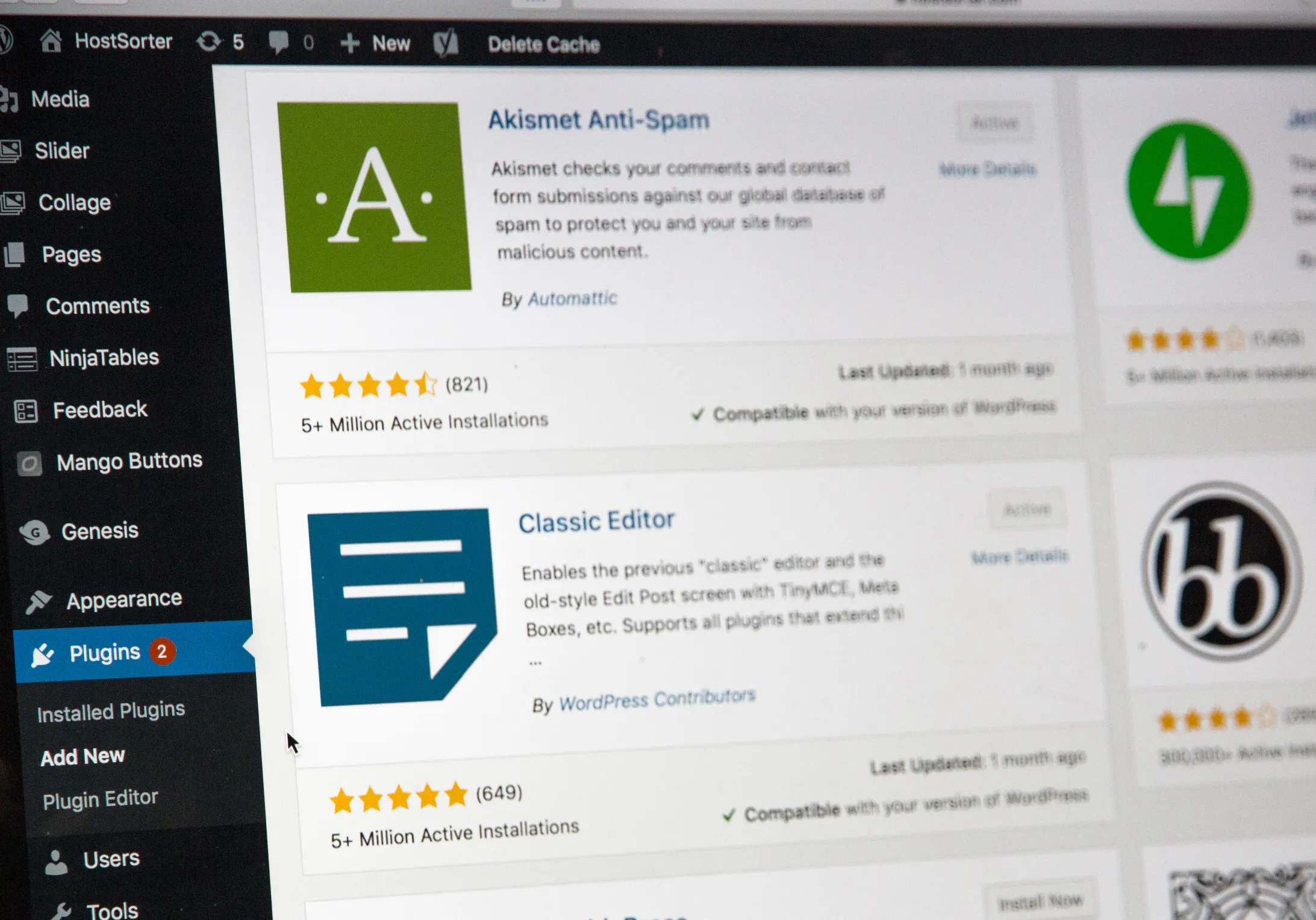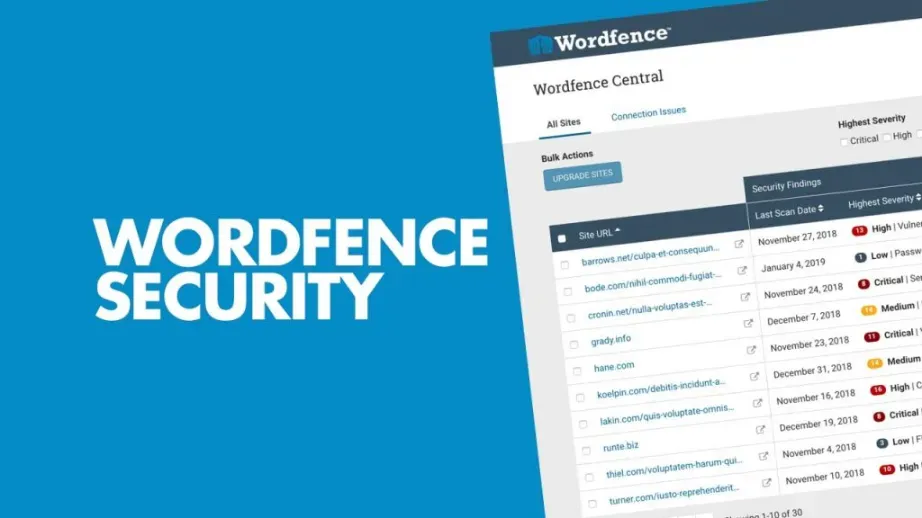In today’s digital landscape, ensuring the security of your WordPress website is of utmost importance. With cyber threats becoming increasingly sophisticated, it is crucial to implement robust security measures to protect your valuable data and maintain a safe browsing experience for your visitors. This article will delve into essential WordPress security best practices that will fortify your website against potential vulnerabilities and attacks. By following these guidelines, you can significantly reduce the risk of compromising your website’s integrity and enhance overall security.
- Keep WordPress Core, Themes, and Plugins Updated: Regularly updating your WordPress core, themes, and plugins is critical as it helps to patch security vulnerabilities and protect against potential exploits. Stay up-to-date with the latest releases and security patches to ensure your website is armed with the latest defenses.
- Use Strong and Unique Passwords: Choosing strong and unique passwords for your WordPress admin accounts and database is a fundamental step in securing your website. Avoid common or easily guessable passwords and consider using a reliable password manager to generate and store complex passwords securely.
- Enable Two-Factor Authentication (2FA): Implementing two-factor authentication adds an extra layer of security by requiring users to provide an additional verification method, such as a code from a mobile app, along with their password. This significantly reduces the risk of unauthorized access to your WordPress dashboard.
- Secure Your Login Page: Protecting your login page is essential, as it is often the target of brute-force attacks. Consider limiting login attempts, using CAPTCHA verification, or even customizing the login URL to prevent unauthorized access attempts.
- Install a WordPress Security Plugin: Utilize a reputable WordPress security plugin to enhance your website’s security posture. These plugins offer features such as malware scanning, firewall protection, and activity monitoring, providing an additional layer of defense against potential threats.
- Regularly Back Up Your Website: Backing up your WordPress website regularly ensures that you have a recent copy of your data in case of a security incident or data loss. Choose a reliable backup solution and automate the backup process to ensure your website’s critical data is safe.
Implementing robust security measures is essential to protect your WordPress website from potential cyber threats. By following the WordPress security best practices outlined in this article, you can significantly enhance your website’s defenses and reduce the risk of falling victim to attacks. Remember, proactive security measures combined with regular monitoring and maintenance are key to maintaining a safe and secure WordPress website.


